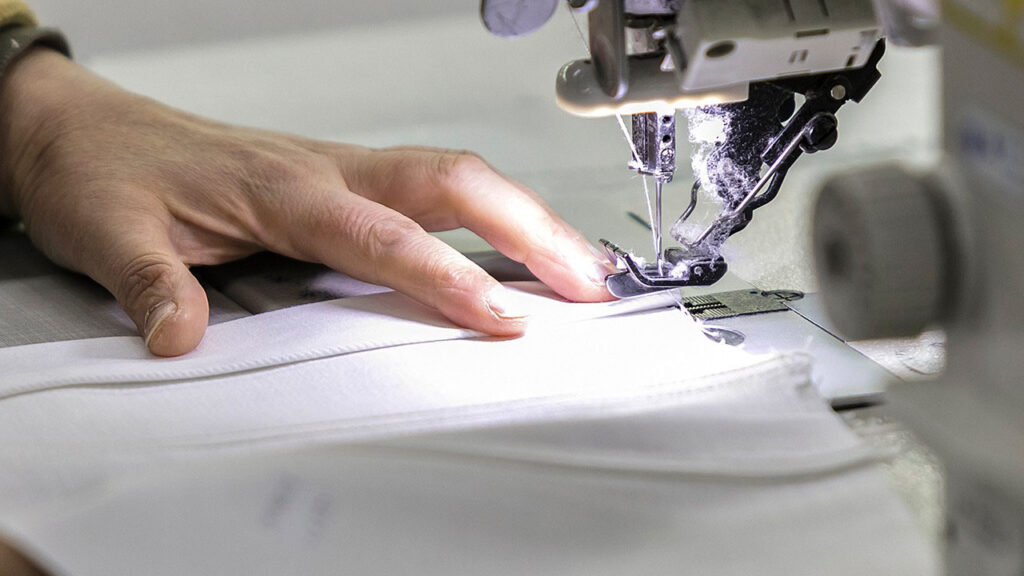Our business is all about people. Respecting human rights is essential for us to operate successfully and is closely aligned with our values.
We recognise that we have a responsibility, and an opportunity, to ensure people within our operations and across our supply chains are treated equally, with respect and dignity, wherever or whoever they are.
From our colleagues in our stores and the customers they greet each day, to the garment workers employed by our suppliers and the farmers who grow the cotton used in our products, everyone is entitled to the same human rights.
What are human rights?
Human rights are rights we have because we exist as human beings. These universal rights are inherent to us all, regardless of nationality, sex, national or ethnic origin, colour, religion, language, or any other status.
Human rights range from the most fundamental – the right to life – to those that make life worth living, such as the right to food, education, work and health. They include the right to good working conditions, freedom from slavery and torture, freedom of opinion and expression, and many more. Everyone is entitled to these rights, without discrimination and indepently of where you live or work
We follow the UN Guiding Principles on Business and Human Rights, a standard for responsible business conduct that gives clear guidance for companies on how to uphold human rights within their operations and across their supply chains.
Our Human Rights Work
Our human rights policy guides our work and sets out our commitment to operate with respect to human rights.
Due to the nature of our business, we focus primarily on working conditions of colleagues in our operations and workers in our global manufacturing supply chains. Our salient issues inform our priorities. As well as general labour rights, wages and modern slavery, they cover topics such as access to water and sanitation, reflecting impacts we may have on communities.
We take a risk-based approach to due diligence and adjust our actions accordingly across our value chain. This includes policy development and integration, strengthening of grievance mechanisms, training and capacity building, strategy development, collaborations in industry initiatives, and other ways to manage risk and contribute to positive impact for people.
Although we do not employ the garment workers who make our clothes, it is our responsibility to ensure they have safe, fair and equal working conditions. We’ve been working with our manufacturing suppliers for many years to make sure they comply with international labour standards and, in 1997, we launched our first Code of Conduct and supplier audit program. Today, our approach to supply chain management has a big focus on collaborations and continuous improvement.
We also want to find ways to advance human rights through the way we do business. For example, through our work with suppliers to advance gender equality in our manufacturing supply chain or our focus on inclusion & diversity within our operations.
As a global company with strong values, we can have a positive impact around the world, which in turn allows us to remain a sustainable business and to grow in meaningful ways that make a real difference to people across our value chain.
Read more here about our approach to human rights management.


